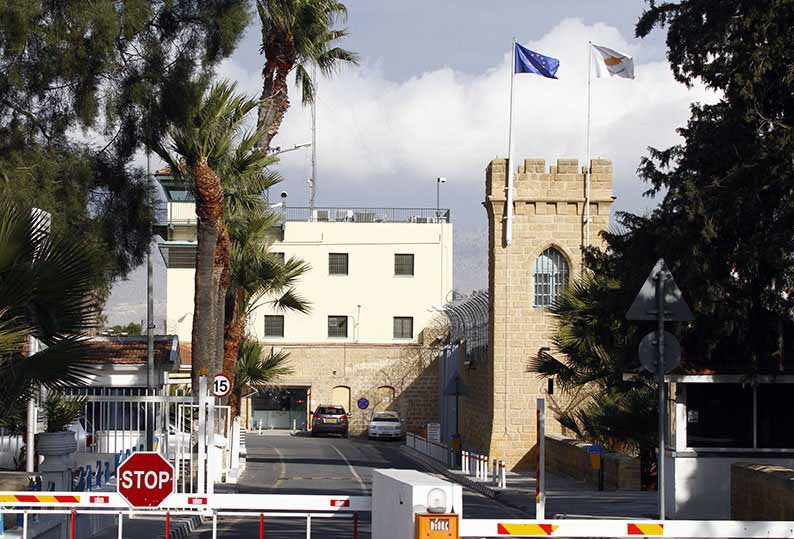Members of the House finance committee were quite right to stall the release of money needed to pave the way for international tenders that would allow private companies to create and operate juvenile detention centres.
Today, detainees up to the age of 21 are held in a separate wing at the central prison, have a separate programme from the adults and have their own yard with their own workout equipment. They also have access to occupational therapists and the state’s mental health services.
Their numbers are also low. From 2007 to 2018, juvenile detainees – the Statistical Service counted these as under-21 – dropped from 27 to just 10, a reduction of almost two thirds.
That is not to say numbers won’t increase in the future.
The MPs who blocked the money for the tenders process on Monday said they are concerned that private companies would not have the rehabilitation of young offenders as their main goal but would be motivated first and foremost by profit.
This is hard to argue with. While there would be promises of state oversight, the chances of that happening would probably be pretty slim, even though Children’s Rights Commissioner Despo Michaelides would be in favour of private companies running a centre with state controls.
Justice Minister Stephi Drakou told the committee that neither the public nor the private sector in Cyprus have the know-how and expertise to run a correctional institution for juvenile offenders.
She cited the UK, where such private detention centres for juvenile offenders have been operating for a long time. This is not a valid or meaningful recommendation given the horrific treatment of children in some of these UK facilities.
One was shut down last year after it emerged that the minors were locked up 23 hours a day. Cases of abuse, abuses leading to deaths, neglect, bullying, self-harm and suicides were recorded across all such facilities in the UK.
That is not to say a state facility would have less of the same issues but it would always be in the government’s best interest to keep the number of inmates low by trying to find alternative solutions to incarceration.
Private companies on the other hand would need a constant supply of inmates to keep their facility profitable. It is one thing to hand over state utilities to private hands but another to hand over the lives and futures of children to businessmen.
If ‘business’ drops off, how do we know they wouldn’t resort to cutting back on proper nutrition or therapeutic activities that cost money?
By all accounts the separate wing for juveniles at the Nicosia prisons for the 18-21s appears to be working just fine, run by a prisons director who actually seems to care about her charges and is a proponent of finding alternative measures for young offenders.
For younger children, how hard could it be to find and convert a suitable building and work with local child-centered NGOs and therapists, much like Ayia Skepi operates for drug-addicted youth?







Click here to change your cookie preferences